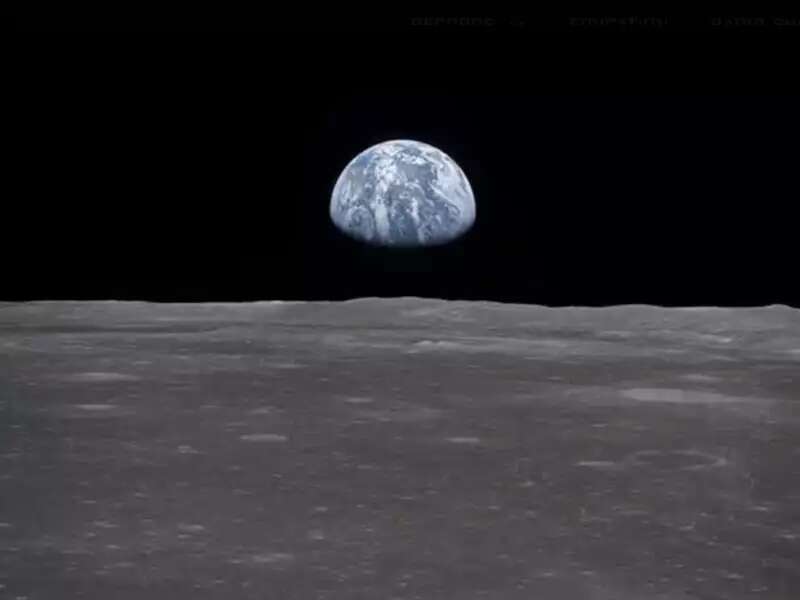Barnard College News

The Webcomics Revolution course ushers students through the evolution of traditional print comics to webcomics, along with hands-on opportunities to use the digital technologies and tools that produce them.

Eight prestigious programs will host dozens of College scholars who will conduct research as close as within the U.S. or work as English Teaching Assistants as far away as Indonesia.

By leaning into the quickly evolving technology, English professor Benjamin Breyer is helping students to overcome some of their writing challenges by meeting them where they are.

The AI literacy framework — created by the College’s technology experts — sets up a foundational pyramid for how to use AI in classroom settings.

Barnard is one of five women’s colleges, out of 216 research colleges and universities, to receive the top “Research Activity Designation” recognition.

From the Olympics to the upcoming Met Gala in May, alumnae, students, and faculty turned up in a dizzying array of exciting places this year.


Associate professor of philosophy Karen Lewis shares her mission to connect humanity across space and time.








